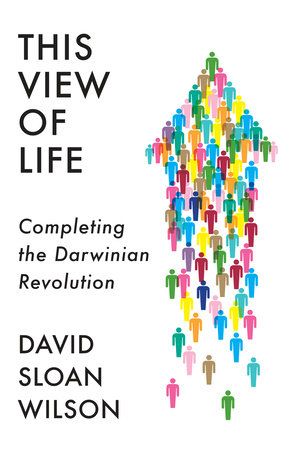 This View of Life (starts 6:56) In this episode of How on Earth, we talk with David Sloan Wilson, an evolutionary biologist with a special interest in human biocultural evolution. Dr. Wilson is Distinguished Professor of Biology and Anthropology at SUNY Binghamton, and president of the Evolution Institute as well as editor in chief of its online magazine This View of Life. It is not just about biology, these ideas are formed by decades of research and drawing on studies that cover topics from the breeding of hens to the timing of cataract surgeries for infants to the organization of of an automobile plant. Last month he published his latest book, also titled This View of Life to present a comprehensive case for what he calls Completing the Darwinian Revolution.
This View of Life (starts 6:56) In this episode of How on Earth, we talk with David Sloan Wilson, an evolutionary biologist with a special interest in human biocultural evolution. Dr. Wilson is Distinguished Professor of Biology and Anthropology at SUNY Binghamton, and president of the Evolution Institute as well as editor in chief of its online magazine This View of Life. It is not just about biology, these ideas are formed by decades of research and drawing on studies that cover topics from the breeding of hens to the timing of cataract surgeries for infants to the organization of of an automobile plant. Last month he published his latest book, also titled This View of Life to present a comprehensive case for what he calls Completing the Darwinian Revolution.
Hosts: Chip Grandits, Joel Parker
Producer and Engineer: Joel Parker
Additional Contributions: Shelley Schlender, Susan Moran, Alejandro Soto
Executive Producer: Beth Bennett
Listen to the show:
Podcast: Play in new window | Download (Duration: 27:56 — 25.6MB)
Subscribe: RSS




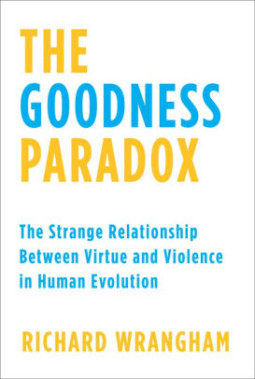
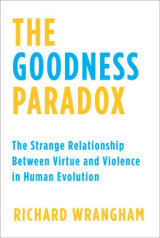 The Goodness Paradox (Teaser): Today’s spring pledge-drive show features brief clips from a recent interview with
The Goodness Paradox (Teaser): Today’s spring pledge-drive show features brief clips from a recent interview with 
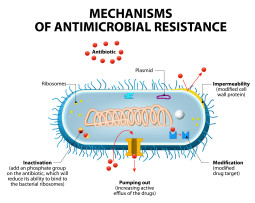
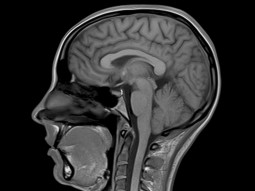
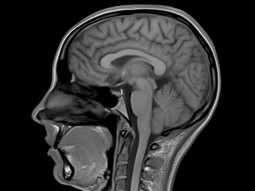


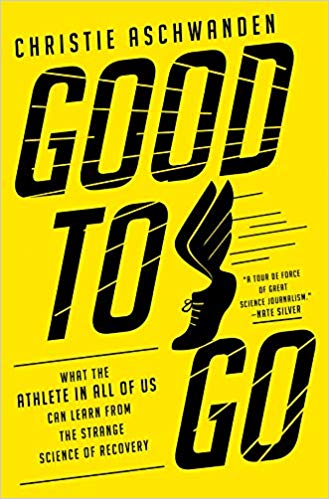
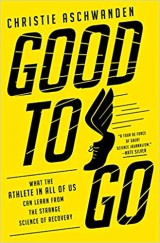 Athlete’s Guide to Recovery (starts at 5:39): Colorado is riddled with athletes, many of them incessantly chasing the latest recovery products and services that will enhance their performance — from Gatorade and other ubiquitous sports-recovery drinks, to supplements, to compression boots, to cryochambers, to good old-fashioned massages. How solid is the solid the science behind the multi-million marketing campaigns?
Athlete’s Guide to Recovery (starts at 5:39): Colorado is riddled with athletes, many of them incessantly chasing the latest recovery products and services that will enhance their performance — from Gatorade and other ubiquitous sports-recovery drinks, to supplements, to compression boots, to cryochambers, to good old-fashioned massages. How solid is the solid the science behind the multi-million marketing campaigns? 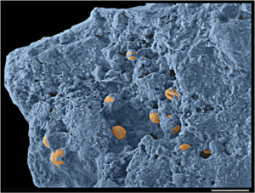
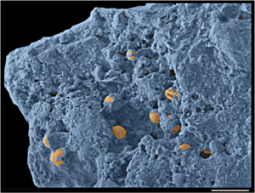 Microbial communities are all around us: in our homes, gardens, oceans, even deep underground but their roles in the function of the biosphere are poorly understood. Today Beth spoke with Professor
Microbial communities are all around us: in our homes, gardens, oceans, even deep underground but their roles in the function of the biosphere are poorly understood. Today Beth spoke with Professor 

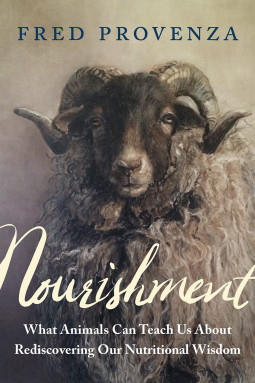
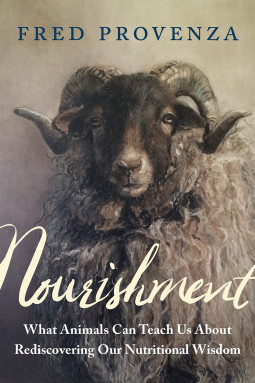 Animal scientists have long considered domestic livestock to be too dumb to know how to eat right, but the lifetime research of animal behaviorist Fred Provenza and his colleagues has debunked this myth. Their work shows that when given a choice of natural foods, livestock have an astoundingly refined palate. Like these animals, humans too, have an innate ability to determine what nutrients they need, but we are losing the information from our foods that allow us to make this determination. To view the book, go to: https://chelseagreen.biz/product/nourishment/
Animal scientists have long considered domestic livestock to be too dumb to know how to eat right, but the lifetime research of animal behaviorist Fred Provenza and his colleagues has debunked this myth. Their work shows that when given a choice of natural foods, livestock have an astoundingly refined palate. Like these animals, humans too, have an innate ability to determine what nutrients they need, but we are losing the information from our foods that allow us to make this determination. To view the book, go to: https://chelseagreen.biz/product/nourishment/